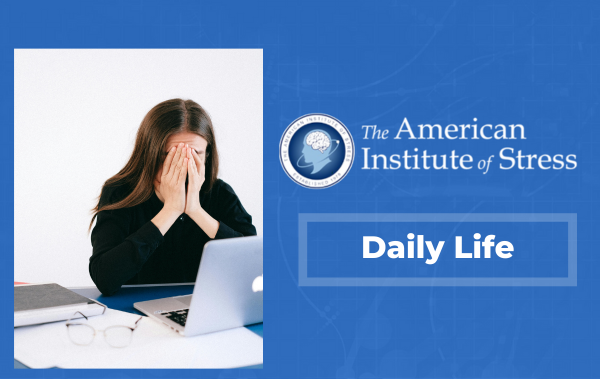Calm’s CPO shares how the company promotes mindfulness through daily meditations and company-wide mental health days.

Do you ever feel stressed at work? Of course you do. You’re only human.
In fact, almost all US employees (80%) feel at least some amount of stress on the job, and about one-half of those workers want to learn how to manage their stress, according to The American Institute of Stress.
This is where people leaders can play a key role in helping workers, said Scott Domann, chief people officer at meditation app Calm, and be “rewarded with high productivity and employee satisfaction,” he said. By creating a culture that values mindfulness, he told HR Brew he’s been able to help his roughly 300 employees strike a “strong work-rest balance” through daily meditations and company-wide mental health days.
Meditations and breaks. Two years ago, Calm started conducting twice-yearly engagement surveys, the results of which have helped shape the company’s mindfulness programs.
Every company-wide meeting starts with a group meditation, “just to give [employees] a second to center and give them an opportunity to go on that meditative journey,” Domann said, adding that he enjoys starting meetings with guided meditations to help employees check in with themselves and reduce their stress and anxiety, a strategy research from the Mayo Clinic supports.
Each employee also spends 15 minutes a day, Monday through Friday, meditating or listening to a Calm story as a group, Domann said, by having 15 minutes reserved on their calendars.
“It’s blocked on our calendar, so that even if you don’t join the daily call, it’s time that you don’t schedule over,” Domann said. “From a mindfulness standpoint, regardless of what you do, you get a bit of a break…and this leads back to the importance of rest, breaks, and being able to step away from your day-to-day.”
Advice for other HR teams. Domann said he has seen HR teams at other companies struggle to get employees to engage with mental health resources. That’s why he has implemented a way for employees to care for their mental health how they choose, with five mental health days to be used alongside daily meditations and breaks.
“I encourage [other HR leaders] to make sure there are unified moments where everyone at the company is doing the same thing at the same time,” Domann said. “That way, it’s not like Scott’s people team is taking a mental health day but the engineering team isn’t…so if everybody is taking that day off, then everyone has the opportunity to fully take off.”
Domann said he understands that it may be harder for people leaders whose businesses don’t revolve around mindfulness to get employees to engage with mental health initiatives. He recommended encouraging candid conversations in everyday interactions and evolving resources over time based on employee feedback.
“Talk about sleep and talk about stories around your own personal experience with mental health, whether it’s something like, you didn’t sleep well last night because you were awake until 3 in the morning,” Domann said. “It’s those opportunities to make sure that everyone can see the modeling and behavior, and [say], ‘Oh, gosh, I’m not alone.’”





